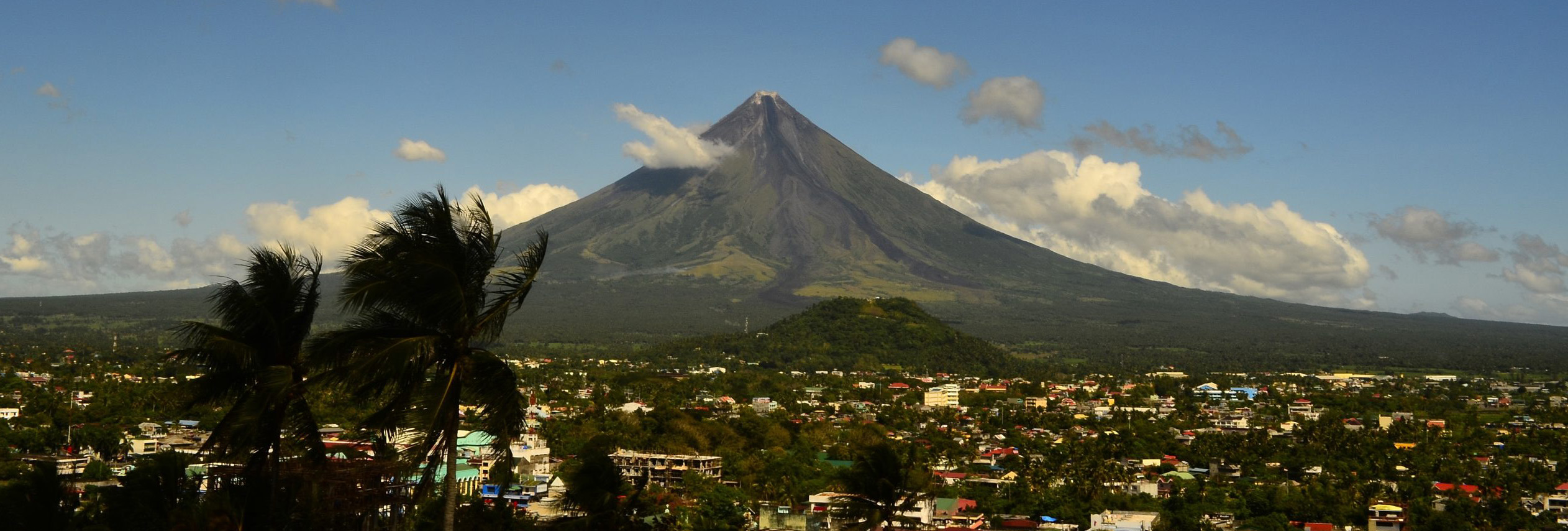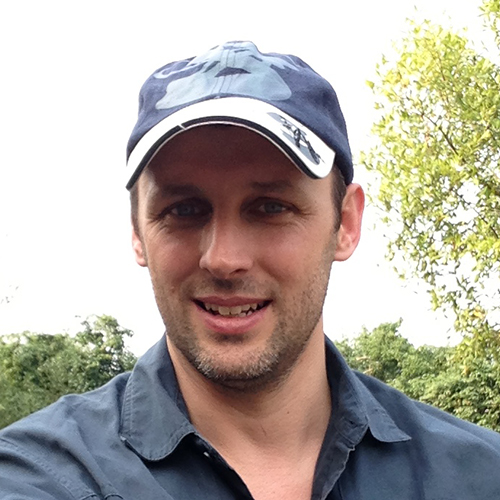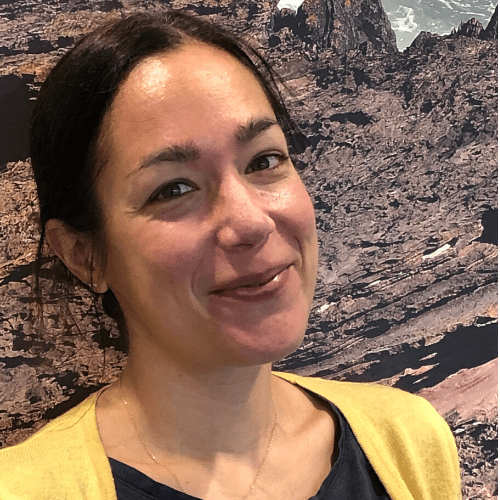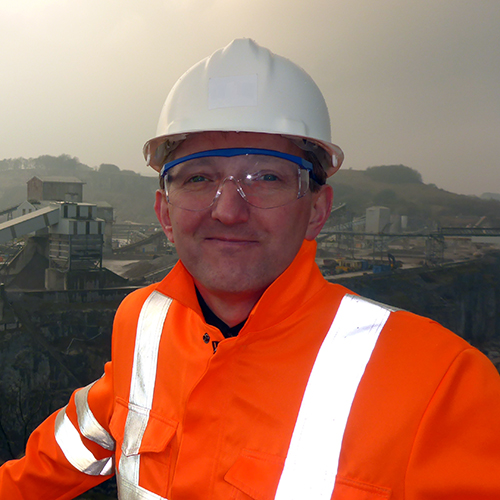In 2022, BGS gained follow-on funding from its previous National Capability-funded Official Development Assisstance programme (2018 to 2022). The new programme, ‘Geosciences to tackle global environmental challenges’, is focused on scientific research with international partners that will have meaningful outcomes in addressing global environmental challenges.
The primary objective of the programme is to deliver solutions against against three global environmental challenges:
- strengthening adaptation and resilience to natural hazards
- security of supply chains
- reduction in risk to urban and rural infrastructure
These challenges are linked by the overarching theme of human adaptation to climate change.
The £11.9 million programme is funded for four years, from 2022 to 2026, with BGS staff engaged in activities across BGS’s science challenge areas:
- decarbonisation and resource management
- multihazards and resilience
- environmental change, adaptation and resilience
The programme is supported through the BGS National and International Geoscience directorate. The programme is led by Dr Michael Watts alongside co-investigators with experience in international research.
To deliver our primary objective, the programme is organised into three research and innovation challenges (RICs). Each RIC has a coherent objective, delivered through novel research and co-designed with global partners. This approach will not only generate outcome for local practitioners but will provide the basis for realising global impact.
Our research and innovation challenges
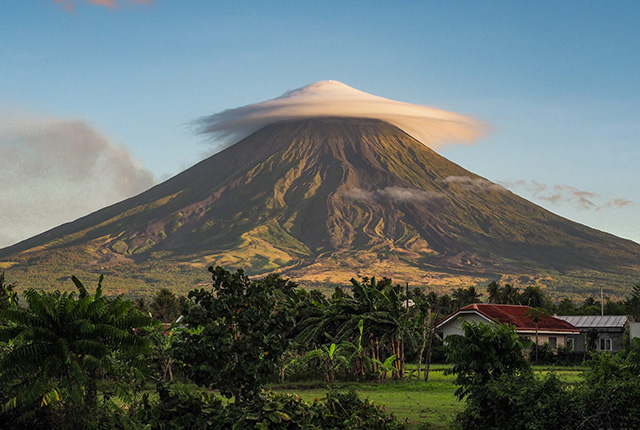
Living in multi-hazard environments
Assessing geological hazard information to improve detection and forecasting of geo-hazards and build on current disaster risk management practices.
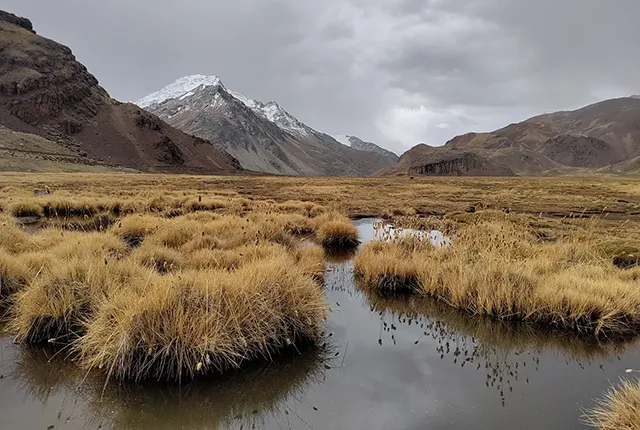
Land-use change and adaptation
Investigating human-induced land-use and climate change pressures in agricultural and urban settings, and evaluating nature-based solutions that help communities to adapt to climate change.
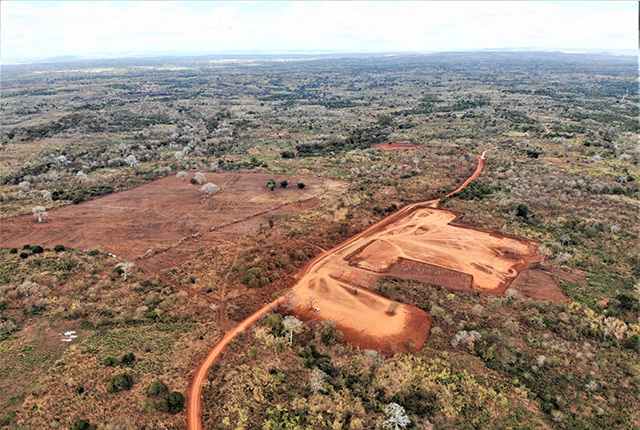
Resources for the future
Supporting decision making for the sustainable supply of mineral, energy and water resources with a focus on the transition to net zero.
Downloads
Related news
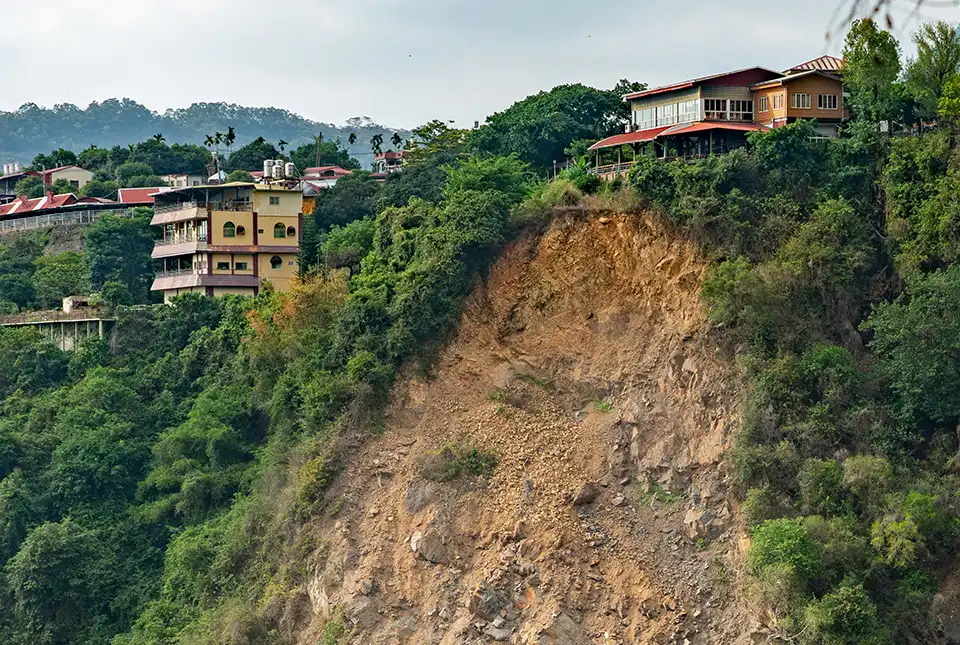
Studying multi-hazards from space
25/07/2024
A new European Space Agency-funded project will study the effect earthquakes have on occurrences of other natural hazards in the long-term.
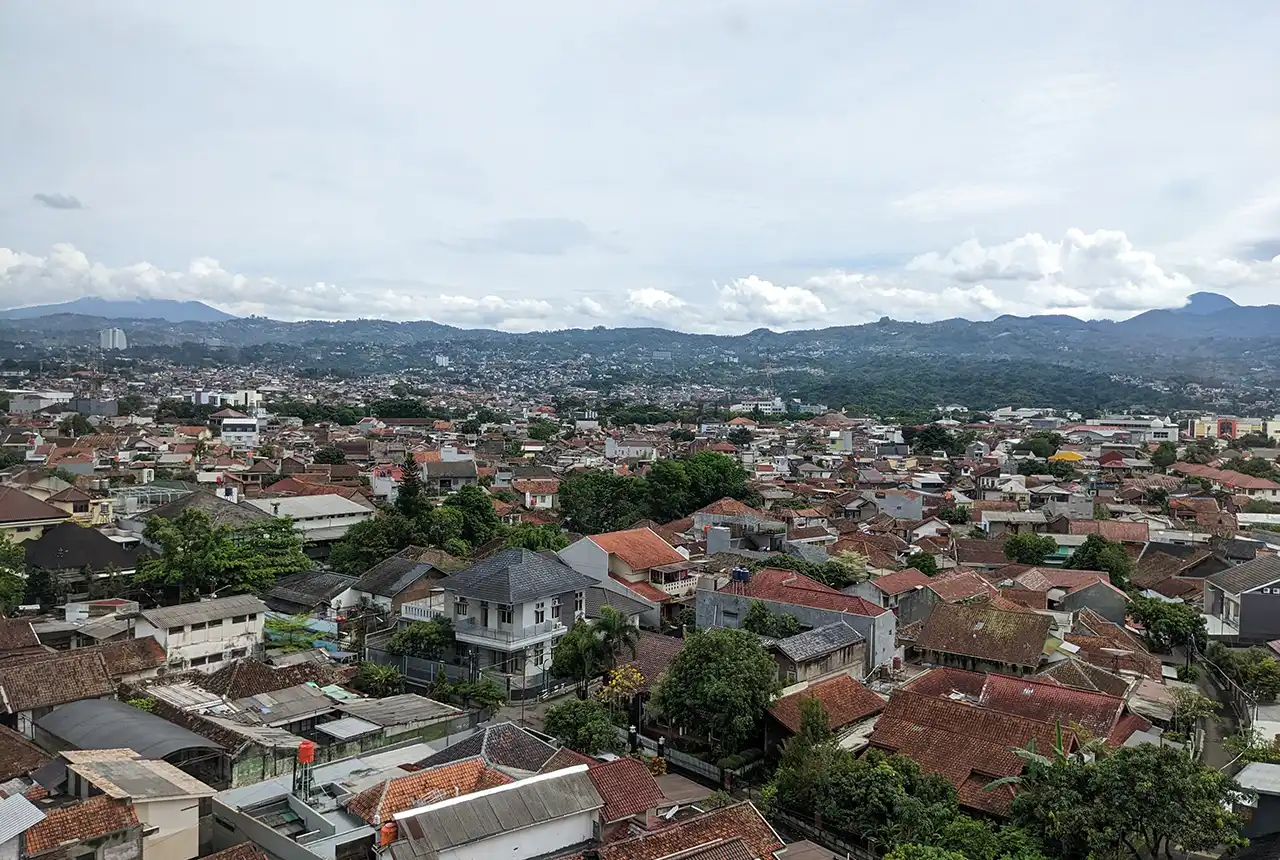
Nearly three million people in Indonesia’s second city could be affected by an earthquake
17/07/2024
BGS-led research reveals the number of people in the Bandung metropolitan region who could be exposed to a major earthquake.
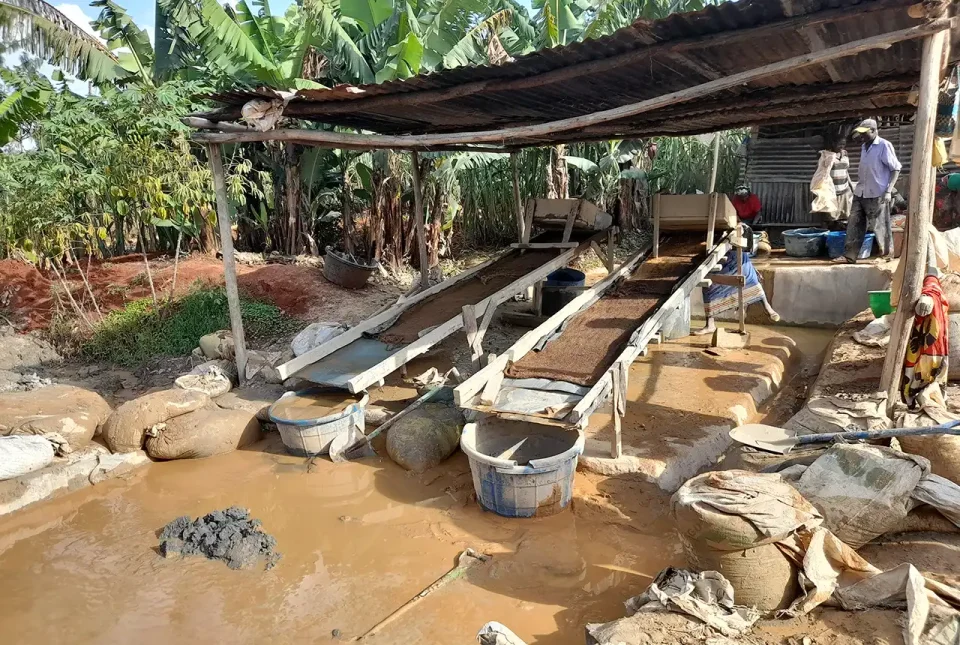
Linking geochemistry and health in artisanal and small-scale gold mining in the Kakamega-Vihiga gold belt, Kenya
09/01/2024
PhD candidate Maureene Auma Ondayo is investigating major and trace element exposure in the environment in Kenya, aiming to reduce exposure of humans to toxic chemicals.
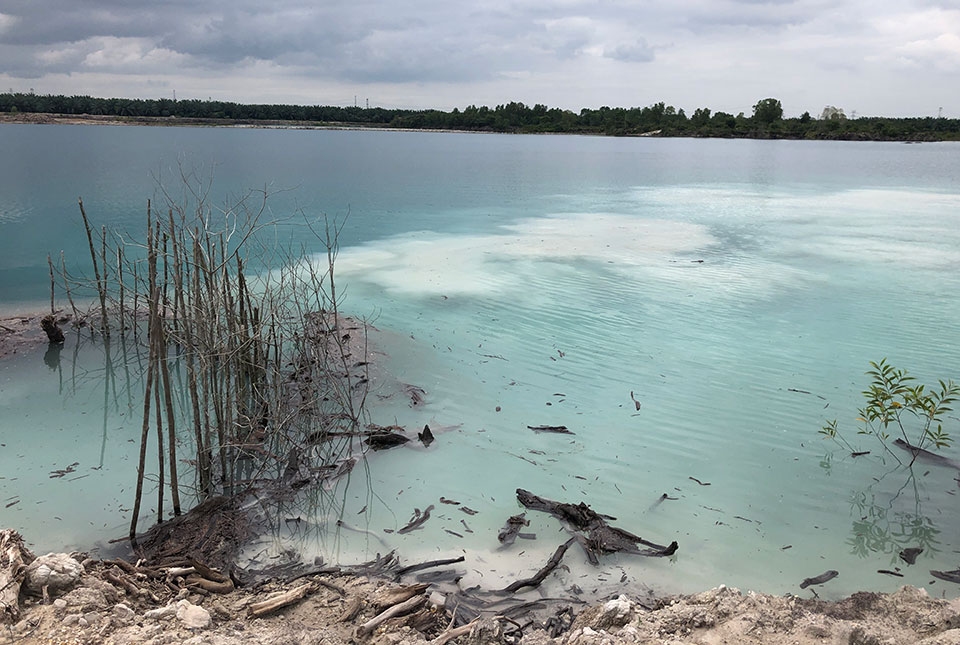
Living in a world made of sand
17/07/2023
Tom Bide and Clive Mitchell outline the BGS Sand and Sustainability project, which is working on geoscience-led solutions for the global issue of sand mining.
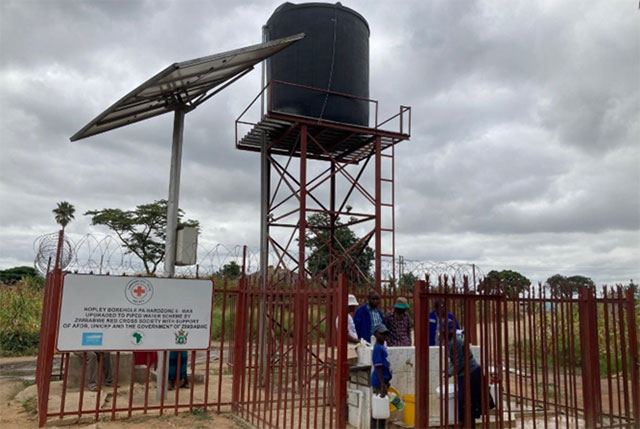
Harare’s clean drinking water challenge
31/05/2023
Researchers from BGS and partners in Zimbabwe report on the urban water supply challenge in the capital city, Harare.
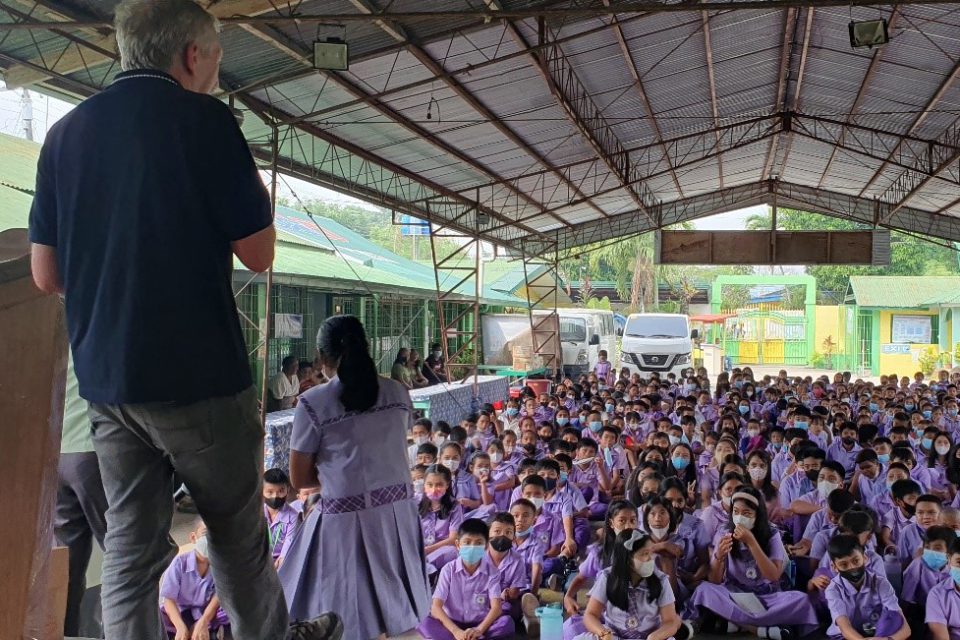
Island groundwater management in the Philippines: part two — Bacolod
23/05/2023
In the second part of their Philippines update, BGS’s Andy Barkwith and Andy McKenzie meet up with other BGS staff members to continue their outreach work.
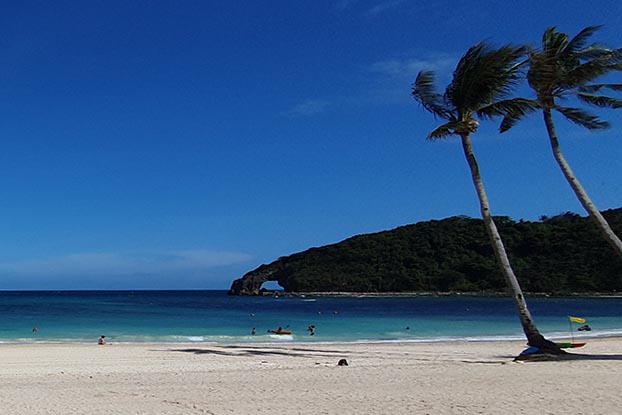
Island groundwater management in the Philippines: part one — Boracay
19/04/2023
BGS’s Andy Barkwith and Andy McKenzie travelled to the Philippines to undertake collaborative research and outreach with Filipino partners for a national hydrological modelling project. In this first blog, they discuss the first week of work on small islands.


